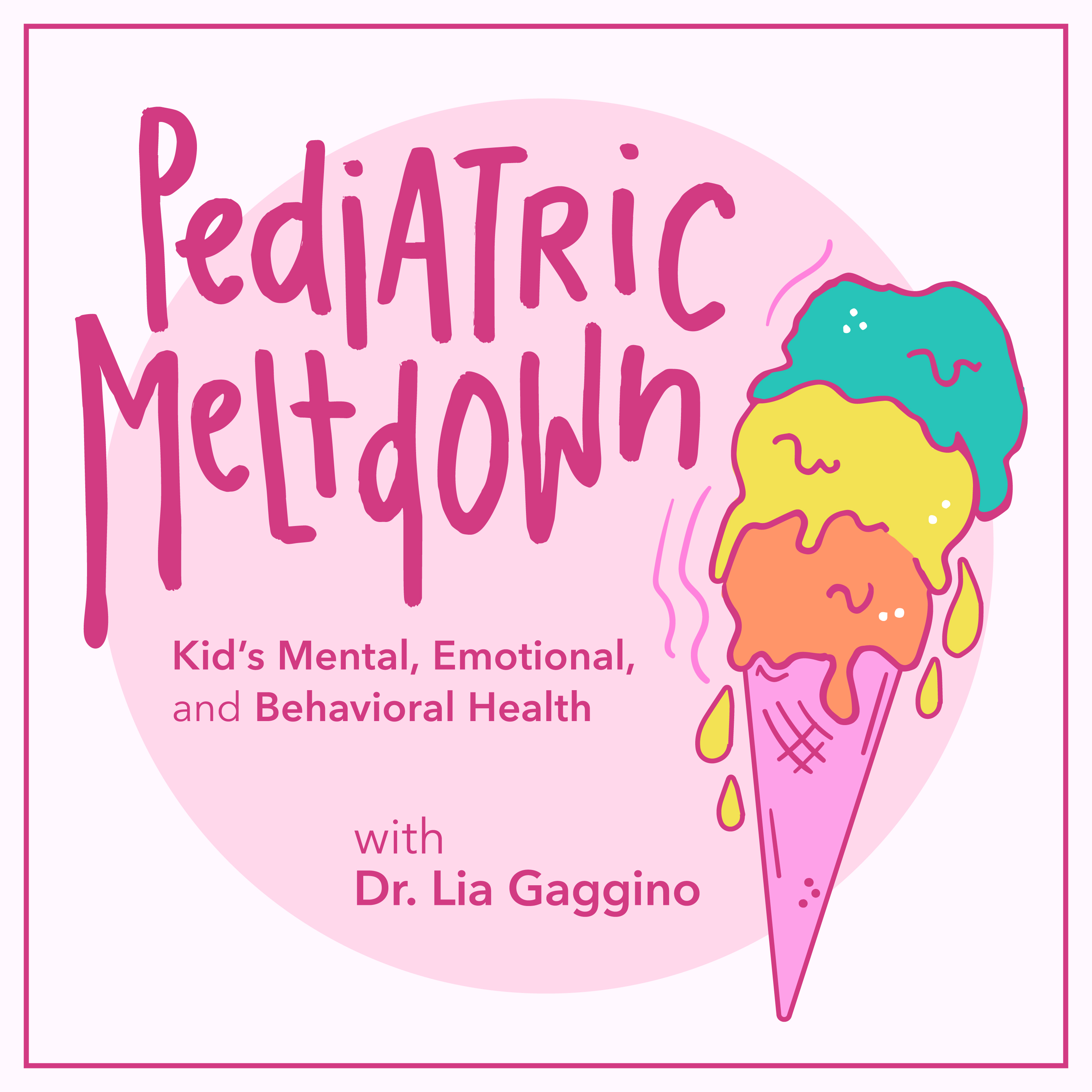
87 Childhood Apraxia: When in Doubt, Check it Out!
Podcast: Pediatric Meltdown
Autor:Lia Gaggino
https://302.buzz/PM-WhatAreYourThoughtsApraxia is a disorder that affects language development. It is most commonly seen in children between two and seven years old, but it can also occur at any point during development. In this episode, Dr. Sheryl Rosin, Ph.D. discloses the symptoms of apraxia speech and the importance of visiting a specialist for an evaluation if you believe that your child may have it. During the evaluation, your child's receptive and expressive language skills will be assessed to determine if there is a problem with that area of development. If there is a problem, therapies may be recommended to help your child improve their speech. Let’s dig into the childhood apraxia!Dr. Sheryl Rosin is a speech-language pathologist, professor, and certified autism specialist with 25 years of experience in the field. She has presented around the world and has been published in research journals on best practices in assessment and intervention for individuals with ASD. She is the owner and director of Palm Beach Speech-Language Specialists in south Florida and the Founder and Consulting Director of The St. Kitts Spectrum Services Centre in St. Kitts, the first autism clinic in the Caribbean. Dr. Rosin was the recipient of the 2017 Louis M. DiCarlo Award for Clinical Achievement from the American Speech-Language-Hearing Association.Key Highlights: [00:01 - 09:27] Open SegmentAn overview of apraxia speechThe difference between apraxia in adults and childrenA referral to a professional for further evaluation is always beneficial in determining if apraxia is present[09:28 - 22:46] Referring A Child For An AssessmentHave an honest and open conversation with parents when referring the child for an assessmentThings pediatricians might see when referring a child for an assessment of a speech or language disorderDifferent ways apraxia can be diagnosed [22:47 - 32:53] Therapy Involves Building Up Vocabulary and FluencySpeech therapy for children with apraxia and dislocatesIt is more typical for individuals to have typical disfluency than stutteringWhy singing can be a great way for disfluent individuals to improve their communication skills[32:54 - 44:17] It's Always Okay to Check Out A Child's Development The difference between stuttering and apraxiaWhen pediatricians should refer children for speech and language evaluationPediatricians shouldn’t wait too long to refer a child for evaluation to offer hope to parentsThe importance of following up on any concerns or suspicions that may arise after a good visit[44:18 - 50:53] Final TakeawaysWhen children are not meeting developmental milestones for receptive or expressive language, check it out.Childhood apraxia is a speech disorder of motor coordination and planningApraxia may look like groping or searching to get sound outBecause this is a motor coordination and planning disorder, there may be associated fine motor and gross motor delays as wellThe differential includes brain trauma and injuryRefer for an evaluation when you're concerned, there is no time to wasteIt helps the speech therapist for us to set the state of what some of these possibilities might beThe evaluation with the therapist, especially with these young kids is to play really smart playTherapy for apraxia looks like learning a sport and building motor memoryMoving on to stuttering and stutter likeStuttering can be a lifelong disorderTrust your expertise to know what feels like a typical developmentWhen in doubt, check it...
Fecha de Publicación: 4 de mayo de 2022
Duración: 50 min
Añadir a Playlist

Episodios Relacionados
-
249. The Pediatric Meltdown Podcast: Behind the Scenes junio 4, 2025
-
248. Conversation with My Daughter: Soft Body Baddie mayo 28, 2025
-
247. Human Trafficking: What Pediatric Clinicians Must Know mayo 21, 2025
-
246. Pediatric Psychopharmacology: Tips for Prescribers mayo 15, 2025
-
245. When Sadness Looks Like Anger: Rethinking Pediatric Depression and Behavioral Activation mayo 7, 2025